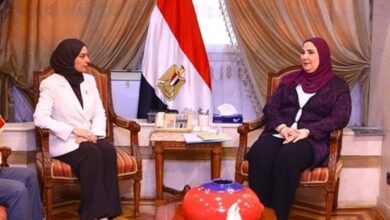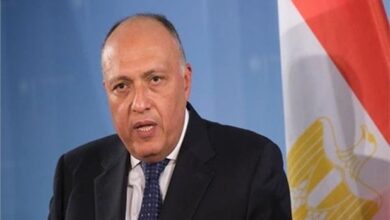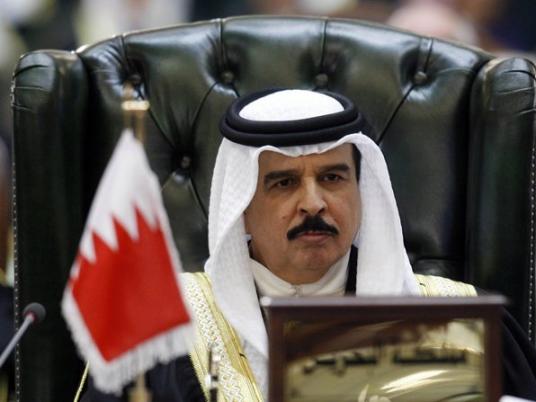MANAMA – Bahrain will dismiss charges against some people detained during crackdowns against Shia-led protests and allow compensation to prisoners abused by security forces, the Gulf nation's king said Sunday in a nationally broadcast speech.
It came more than six months after his regime launched sweeping crackdowns against demonstrators seeking greater rights.
In the speech, King Hamad bin Isa al-Khalifa offered no clear concessions toward Bahrain's majority Shias, whose demands include easing the Sunni dynasty's hold on power, setting policies and hand-picking government officials.
Bahrain's Shias make up about 70 percent of the island kingdom's 525,000 citizens, and complain that they face widespread discrimination, such as being excluded from top political and security posts.
At least 32 people have been killed and hundreds arrested since protests began in February, inspired by other Arab uprisings.
"We would like to emphasize that we do not anticipate putting everyone on trial. There are those who were charged with abusing us and senior officials in Bahrain, and we today announce that we forgive them," said the king in a message for the last part of the Islamic holy month of Ramadan.
King Hamad also noted that Bahrain's Supreme Court will oversee compensation payments for victims of abuses or for families of those killed during unrest, including security forces.
"There are those who were arrested, and investigations proved that they were the victims of individual behavior and were ill-treated in custody," the king said. "This is not tolerated by God and we do not condone it."
"The last few months were painful for all of us, and even though we all live in the same country, some have forgotten about the inevitability of coexistence," the king said.
He noted, however, that protest-related trials will continue.
Earlier Sunday, a special security court resumed the trial of 20 doctors and nurses accused of links to anti-government protests. The court adjourned until 7 September, when it will begin hearing defense witnesses. The doctors and nurses are among more than 45 medical personnel facing charges from the protests.
Bahrain's use of the security court, which includes military and civilian judges, has been strongly criticized by rights groups.
The king reiterated Bahrain's pledge to move all "civil cases" into civilian courts. It's unclear how many will remain with the security court set up during months of martial law-style rule in the strategic island nation, which is home to the US Navy's 5th Fleet.
In July, Bahrain's leaders opened reconciliation talks, but the country's main Shia party walked out and has threatened to stage further protests.
The US and Western allies have urged for political dialogue in Bahrain. Their appeals, however, have stopped short of putting serious pressure on Bahrain's rulers, which might risk damaging one of the key military partnerships in the Gulf.
An independent fact-finding panel is investigating alleged rights abuses in Bahrain and is expected to release its findings 30 October.




